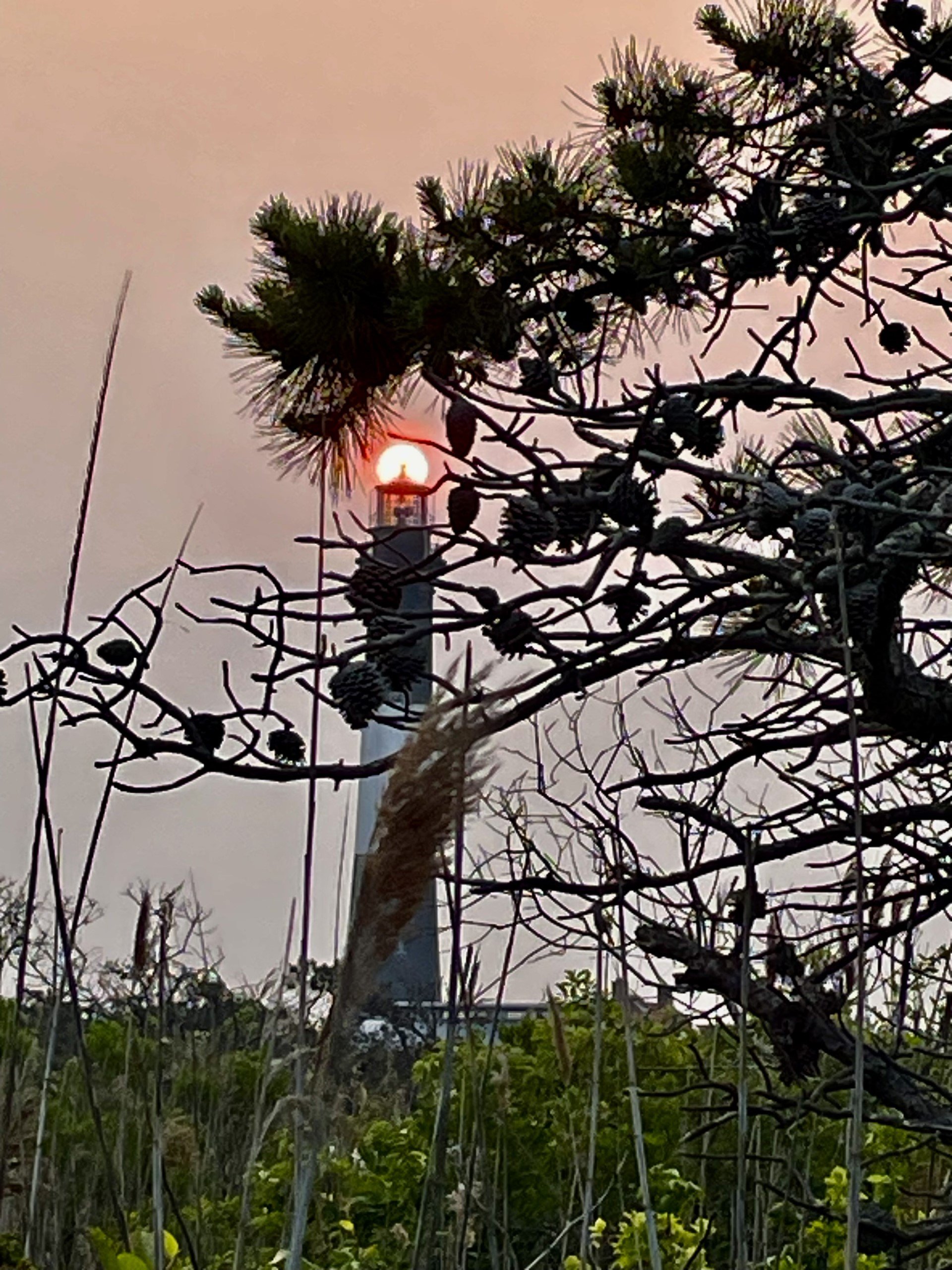
Photo by Beth Batkiewicz.
Areas of the Northeast are being impacted by poor air quality this week due to large, uncontrolled wildfires in Canada. The wildfires have produced a significant smoke plume that is moving toward the New York region, likely to elevate unhealthy fine particles readings registering on the Air Quality Index. Air quality is predicted to be unhealthy for sensitive groups, including children, older adults, and people with lung diseases like asthma and chronic obstructive pulmonary disease.
The American Lung Association offers the following tips for people to avoid lung irritation and health complications due to the situation:
-
Stay indoors: People living near the fire-stricken vicinity should remain indoors and avoid breathing smoke, ashes and other pollution in the area.
-
Protect the air in your home: Keep doors, windows and fireplace dampers shut and preferably with clean air circulating through air conditioners on the recirculation setting.
-
Keep an eye on symptoms: Higher levels of smoke in some areas can make breathing more difficult. If you are experiencing symptoms, contact your healthcare provider.
-
Take precautions for children: Extra precaution should be taken for children and teens, who are more susceptible to smoke. Their lungs are still developing, and they breathe in more air (and consequently more pollution) for their size than adults.
-
Ask for help: The American Lung Association’s Lung HelpLine at 1-800-LUNGUSA is staffed by nurses and respiratory therapists and is a free resource to answer any questions about the lungs, lung disease and lung health, including how to protect yourself during wildfires.
More information about wildfires and lung health can be found at Lung.org/wildfires.
The American Lung Association is the leading organization working to save lives by improving lung health and preventing lung disease through education, advocacy and research. The work of the American Lung Association is focused on four strategic imperatives: to defeat lung cancer; to champion clean air for all; to improve the quality of life for those with lung disease and their families; and to create a tobacco-free future. For more information about the American Lung Association, which has a 4-star rating from Charity Navigator and is a Platinum-Level GuideStar Member, or to support the work it does, call 1-800-LUNGUSA (1-800-586-4872) or visit:? Lung.org































